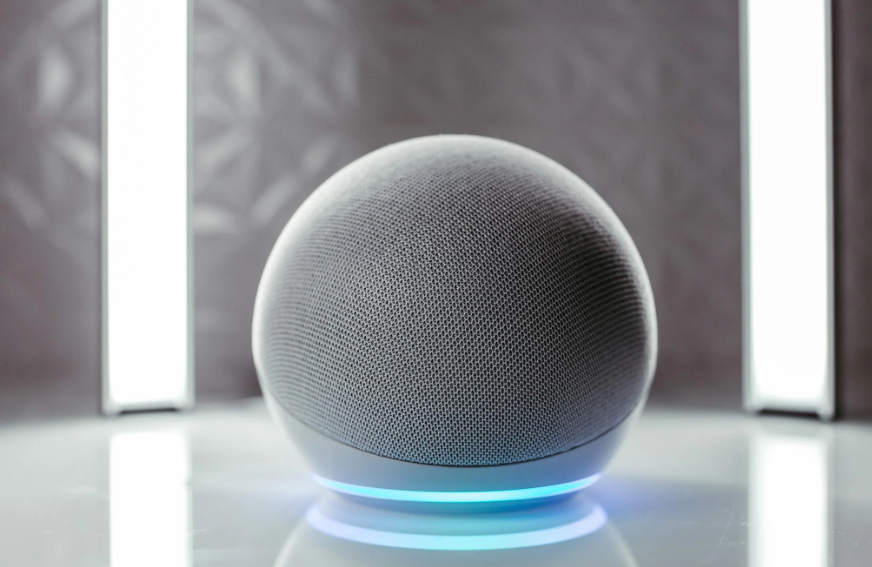Why Do Alexa and Siri Terrify Toddlers?

© Jonathan Borba / Pexels
Recently, viral videos have captured the moment toddlers jump, cry, or cling to their parents when smart assistants like Alexa, Siri, and Google Assistant suddenly speak. In one popular social media compilation, children are seen reacting with panic upon hearing the disembodied voice from a speaker.
Adult Convenience vs. Toddler Fear
To adults, smart speakers are household tools—setting alarms, playing music, or answering questions. However, toddlers haven’t yet connected voices to visible sources. When these devices suddenly talk without a human face, it can feel mysterious and frightening, especially if the tone is robotic or lacks warmth.

Confusion Amplified by Deep Tones and Frequency
Some parents speculate that it’s not just the anonymity but also specific vocal qualities—like pitch and cadence—that unsettle toddlers. The low, monotone voice of some AI assistants seems particularly alarming compared to friendly, human-like speech .
AI Literacy Is Underestimated
Studies show that even older children, around 6 to 11, tend to overestimate what smart devices can do. They believe the machines might have feelings or intentions, and are usually unsure how data is used or kept private. While toddlers haven’t fully developed this, their confusion often translates into fear.

The trend of posting toddlers’ freak-outs online reflects how families experience evolving technology. While some parents share it for laughs, many experts warn it shows deeper concerns—kids’ emotional reactions aren’t just content for likes, but moments of genuine distress that we should take seriously.
How to Ease the AI Scare for Toddlers
- Introduce the device gradually: Let children witness the launch and hear the voice while you’re present and smiling.
- Use user-friendly voices: Choose warmer, more childlike assistants if available.
- Explain it’s a machine: Even telling toddlers “it’s not a person, it’s a speaker” can help.
- Watch together: Don’t play AI responses when they’re alone or asleep.

Balancing Tech with Tune-In Parenting for Toddlers
Smart assistants are here to stay—and so is their impact on young minds. The viral reactions serve as a wake-up call: as homes become more automated, parents must actively tier how technology is introduced and understood. Observing, explaining, and supporting can transform confusion into curiosity and fear into familiarity.
You might also want to read: Why Toddler Reading Time Is So Important and How to Get Started


